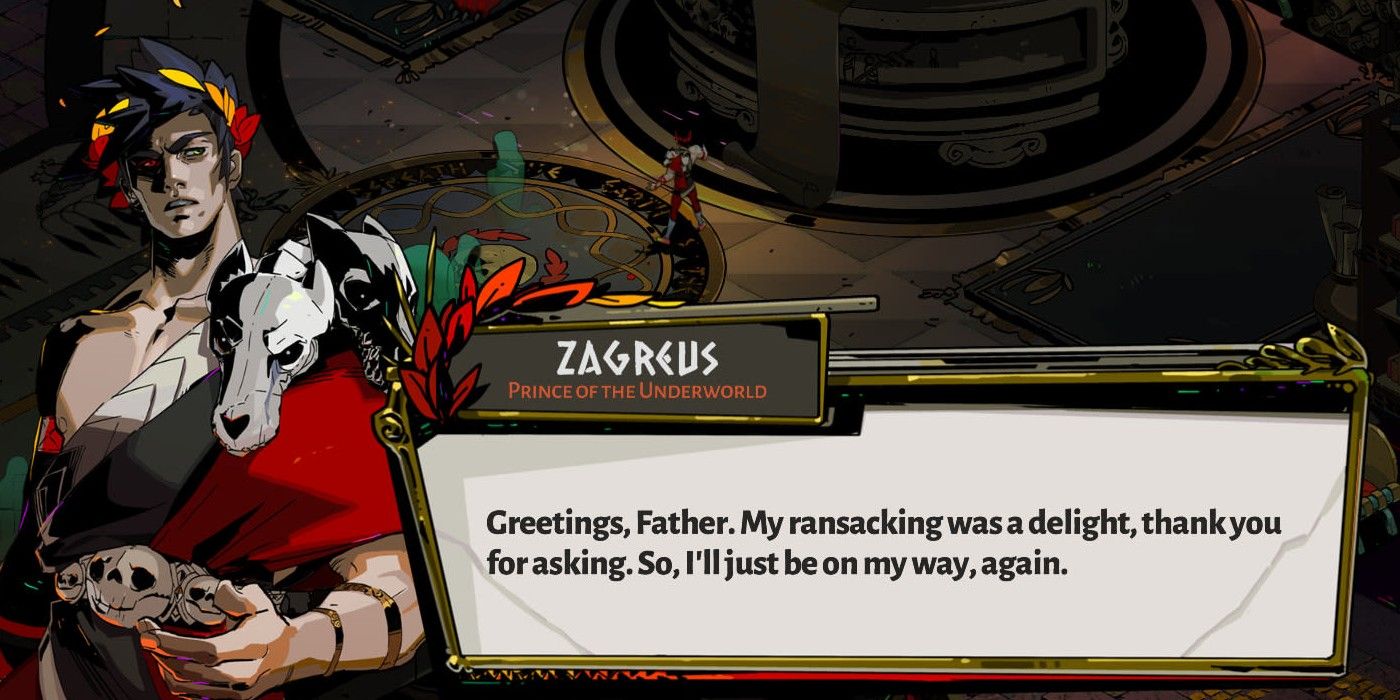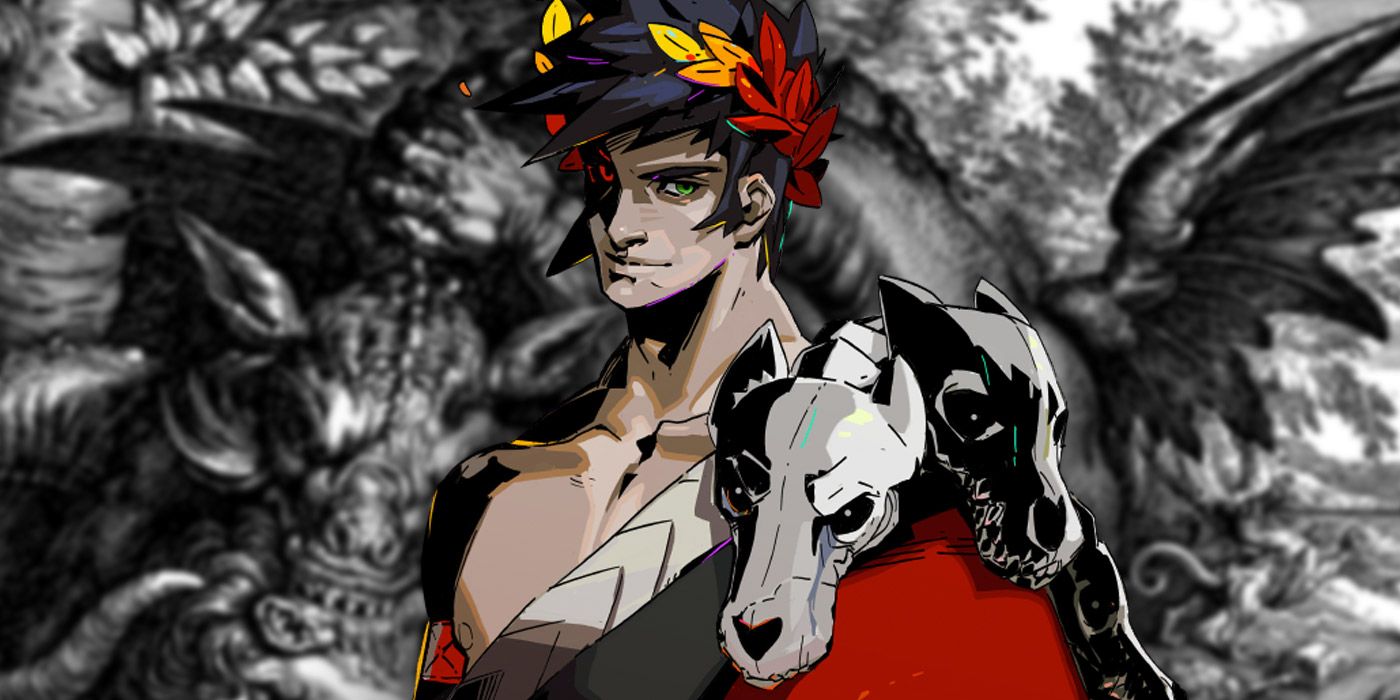Hades, the action-packed roguelike from Supergiant Games, has received a shower of praise from both fans and critics since its release last year. Its most recent accolade came at the DICE awards where the indie title won Game of the Year against stout competition like Ghost of Tsushima and Final Fantasy 7 Remake. A large part of what has made Hades so popular is its approach to storytelling. The contextual and gradual reveal of deeper and deeper connections and stories has helped keep players engaged long past the game's initial release.
Many accolades have fallen to Hades since its release including its DICE award for game of the year and numerous nominations for award shows like the Game Developers Choice Awards. The game has many merits to stand on, obviously as its addictive gameplay loop is satisfying to fans of many different styles of games. Elements of Diablo are blended with fast-paced action and a difficulty that can make even games like Bloodborne seem tame at times, but one of the game's crowning achievements was in the way it implemented its narrative over time in way that was contextual and engaging.
Hades Expertly Melded Story Into Its Grind
Hades is easily one of the grindiest games to release in the past several years. Players looking to escape from the realm of the dead, let alone do so repeatedly, are likely to spend more than a few hours harvesting different materials to help expand the powers of protagonists Zagreus. Resources like diamonds, ambrosia, gems, and the essence of darkness itself help players empower Zagreus for subsequent attempts to break free from his captivity in the realm of his father Hades. But just crafting a gameplay loop that was engaging wasn't what helped Hades snag an impressive amount of award nominations.
As players make their way through the different floors of Hades, they are greeted with a slow but steady drip of lore and characterization as they meet the various gods of Olympus like Athena, Dionysus, and Ares. Each god reacts to Zagreus' plight differently, but are seemingly empathetic to his goal of reaching the mortal world. Over the course of the game, more and more is revealed about each of the different deities in Hades. This same mantra is applied across the game at large. Seemingly random glimpses into the day-to-day life (so to speak) of the various denizens of the Underworld are revealed over time as Zagreus makes more escape attempts or renovates new areas of his father's court.
This keeps the game fresh and takes a story that seems very sparse from the very beginning into a lush world full of growing tension and naturally evolving relationships between Zagreus and the other characters. This approach is such a large part of the critical acclaim that Hades has garnered. Instead of focusing on a traditionally linear storyline, Hades rewards player engagement with its various systems by expanding their access to the game's story and lore. Grabbing the fishing pole might seem like a minor decision at first, but then it opens up new dialogues with Poseidon. Choosing one boon over the other seems harmless, until Artemis (or any of the Olympians at that) shows a much more vindictive side to their personality.
The beauty of this slow drawing back of its curtain helps Hades keeps players engaged along with its satisfying gameplay loop. Players are equally as likely to attempt another escape because their favorite weapon is empowered as they are to do so because they only need a few more items to max out the relationship with their favorite NPC. The strong writing and presentation that goes along with its contextual approach to storytelling make it clear to many fans why Hades continues to gather accolades from across the gaming industry.
Hades is available now for PC and Nintendo Switch.


